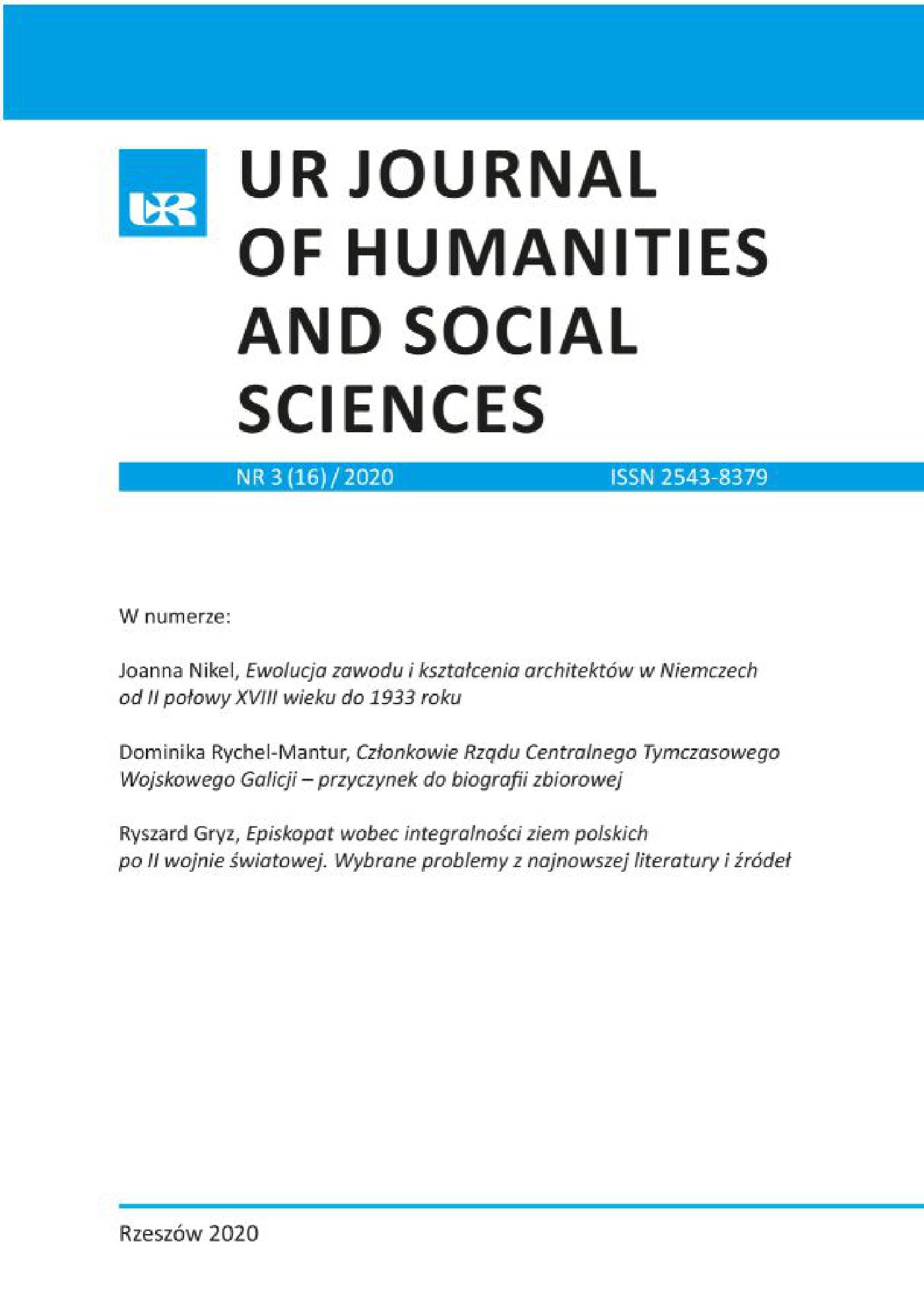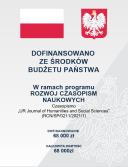Agricultural destruction and losses of the Krakow Province as a result of World War II
DOI:
https://doi.org/10.15584/johass.2020.3.4Keywords:
war damage, economy, German occupation, Red ArmyAbstract
During World War II, the entire Polish territory twice became a war zone, bearing heavy consequences. Equal or even greater losses were caused by the hostile occupation. When calculating on a per-capita basis, the destruction rate in Poland was the highest in the world. The politics of plunder contributed to the excessive exploitation of domestic resources, social income and national heritage. The situation of agriculture in the Krakow Province after World War II was very difficult, especially in the front-line areas. The damage caused by the German occupier was of a wide-ranging nature. Plant and animal production, farms suffered. By building pillboxes, training grounds, trenches and bunkers, large areas of arable land and sown crops were destroyed. The fields were mined, weed strewn, and impoverished. The soil lay fallow. There were neither draft or slaughter animals. Breeding animals were transported away. Houses, outbuildings, agricultural machinery and tools were destroyed . Devastation of the forest stands was a serious problem. Most damage and destruction was caused by Soviet troops destroying, looting, plundering and requisitioning various items. Captured cattle driven off and herd grazing with bread grain led to a reduction in the supply of feedstuff and food for the local population. With the help of grenades, the state of stock in rivers and standing water was devastated. All these affected the disastrous material situation of the rural population and caused a drastic decline in agricultural production. The Krakow Province faced a difficult task of reconstruction of agriculture from war damage.Downloads
Download data is not yet available.
Downloads
Published
2020-09-30
How to Cite
Janicka, A. (2020). Agricultural destruction and losses of the Krakow Province
as a result of World War II. Journal of Humanities and Social Sciences, 16(3), 55–76. https://doi.org/10.15584/johass.2020.3.4
Issue
Section
Articles
License
Copyright (c) 2020 Wydawnictwo Uniwersytetu Rzeszowskiego

This work is licensed under a Creative Commons Attribution-NonCommercial 4.0 International License.



